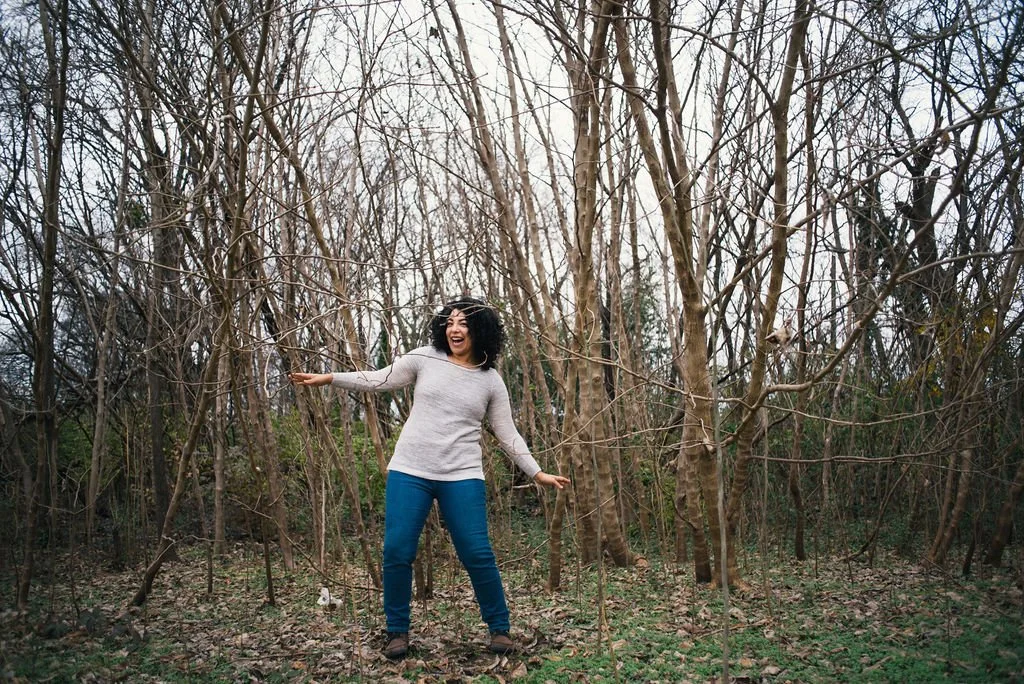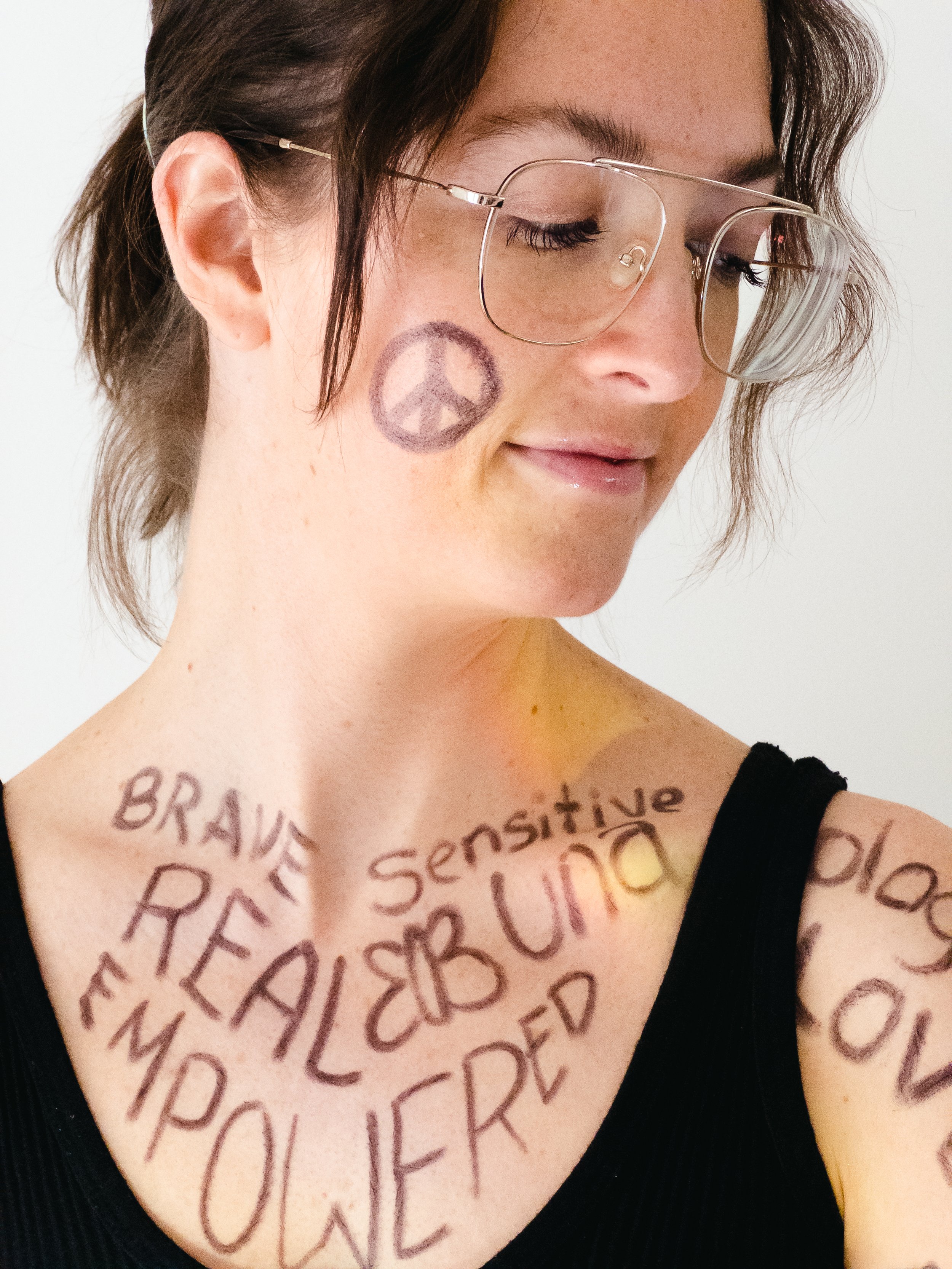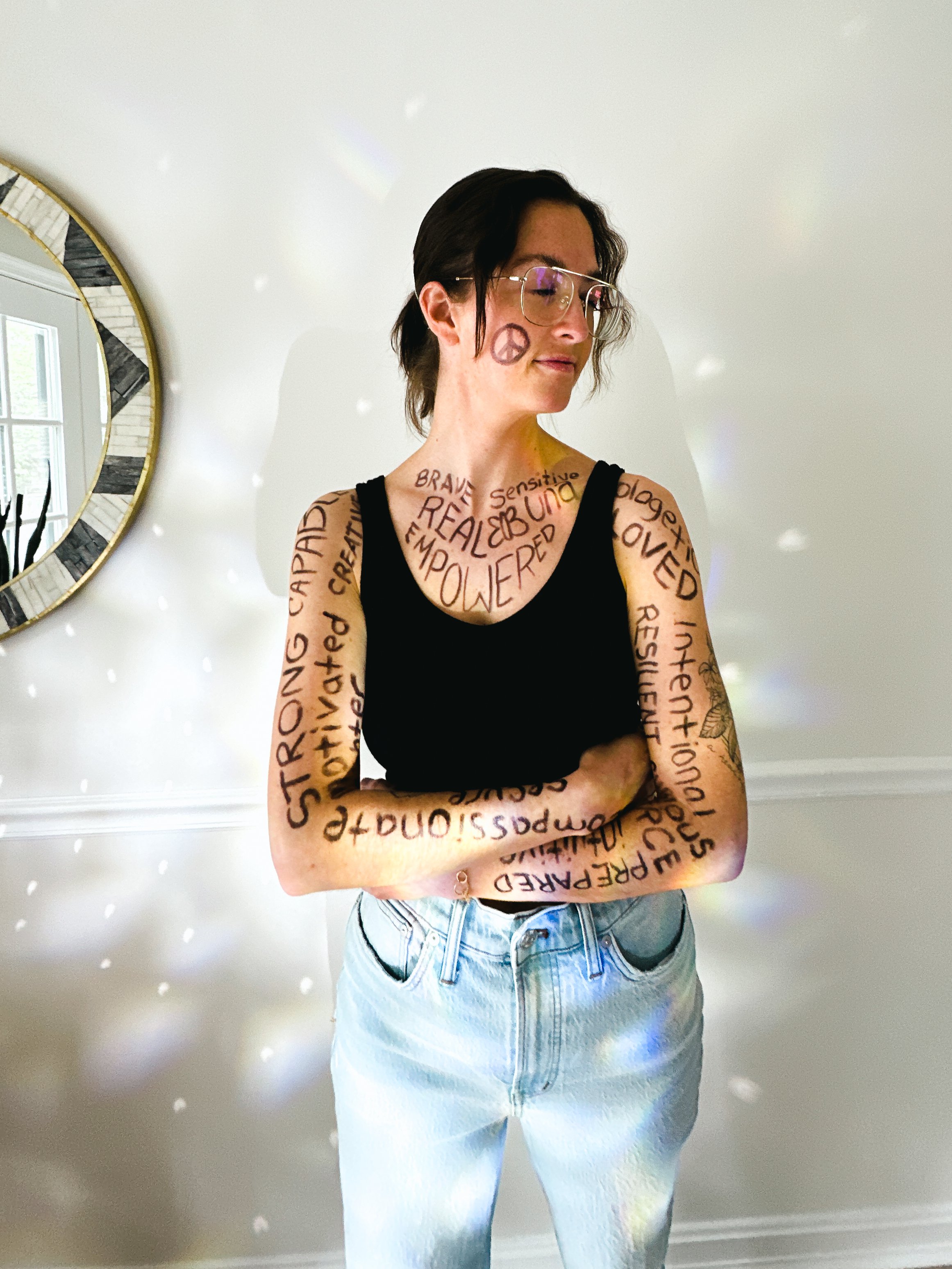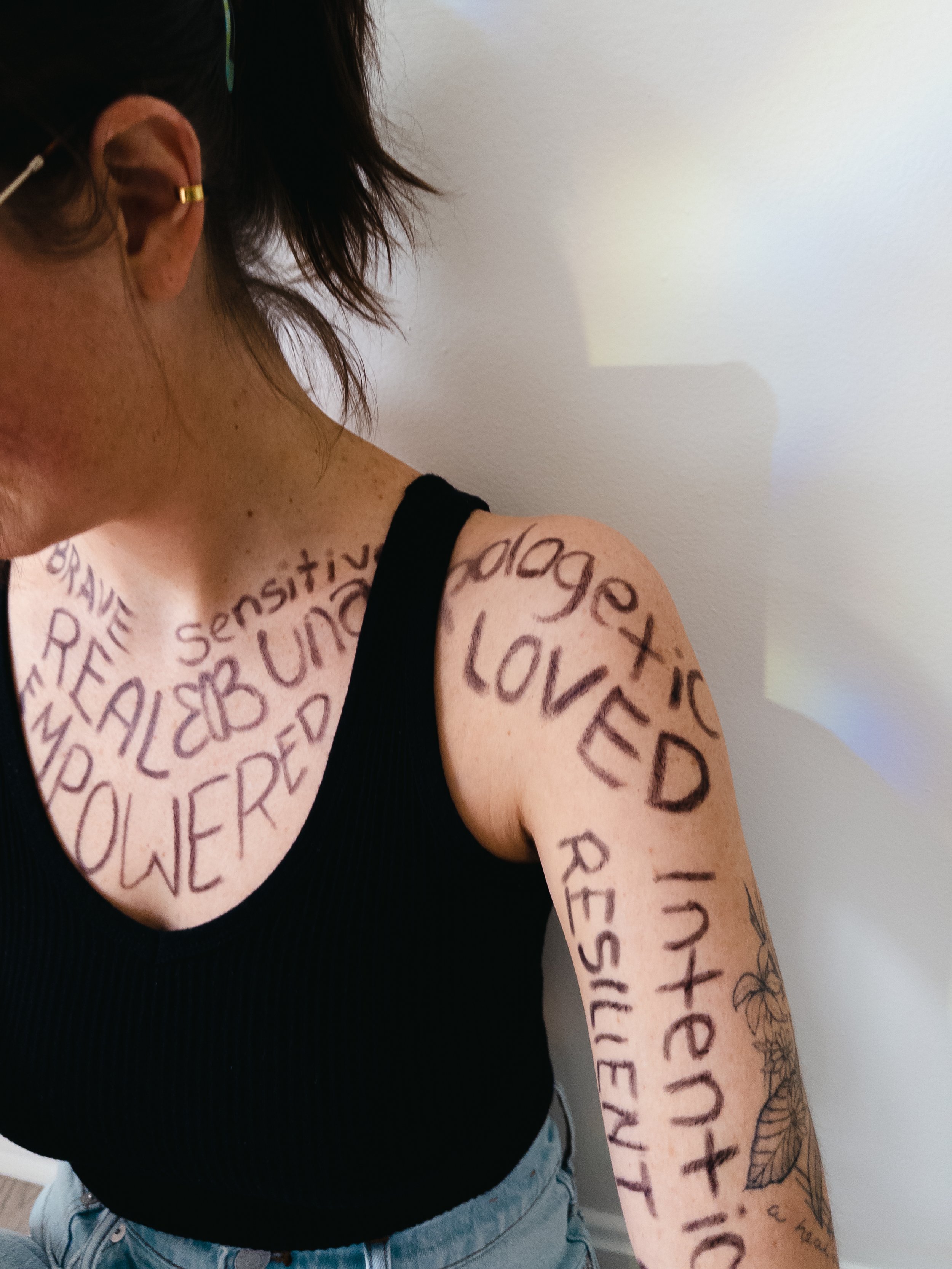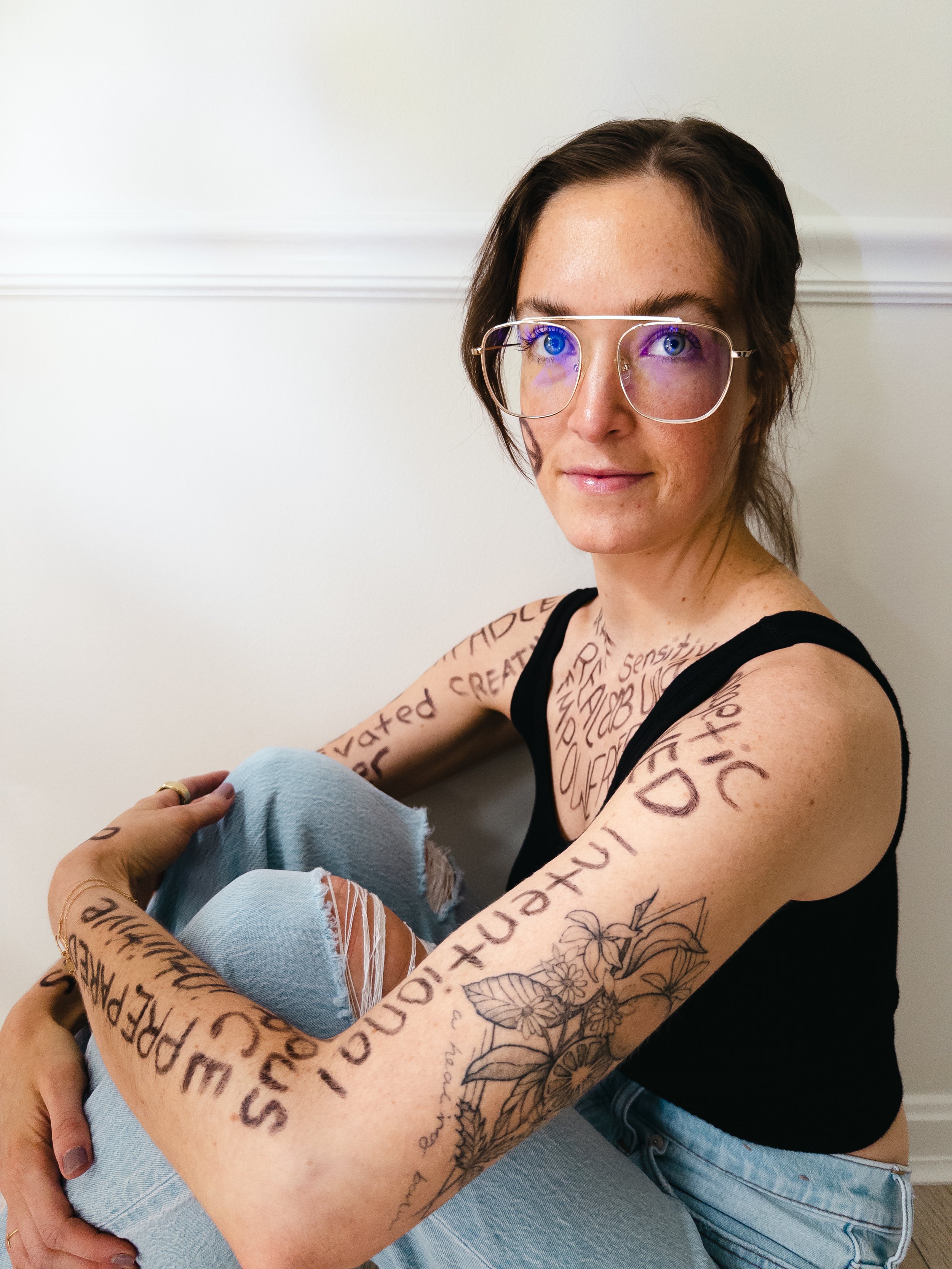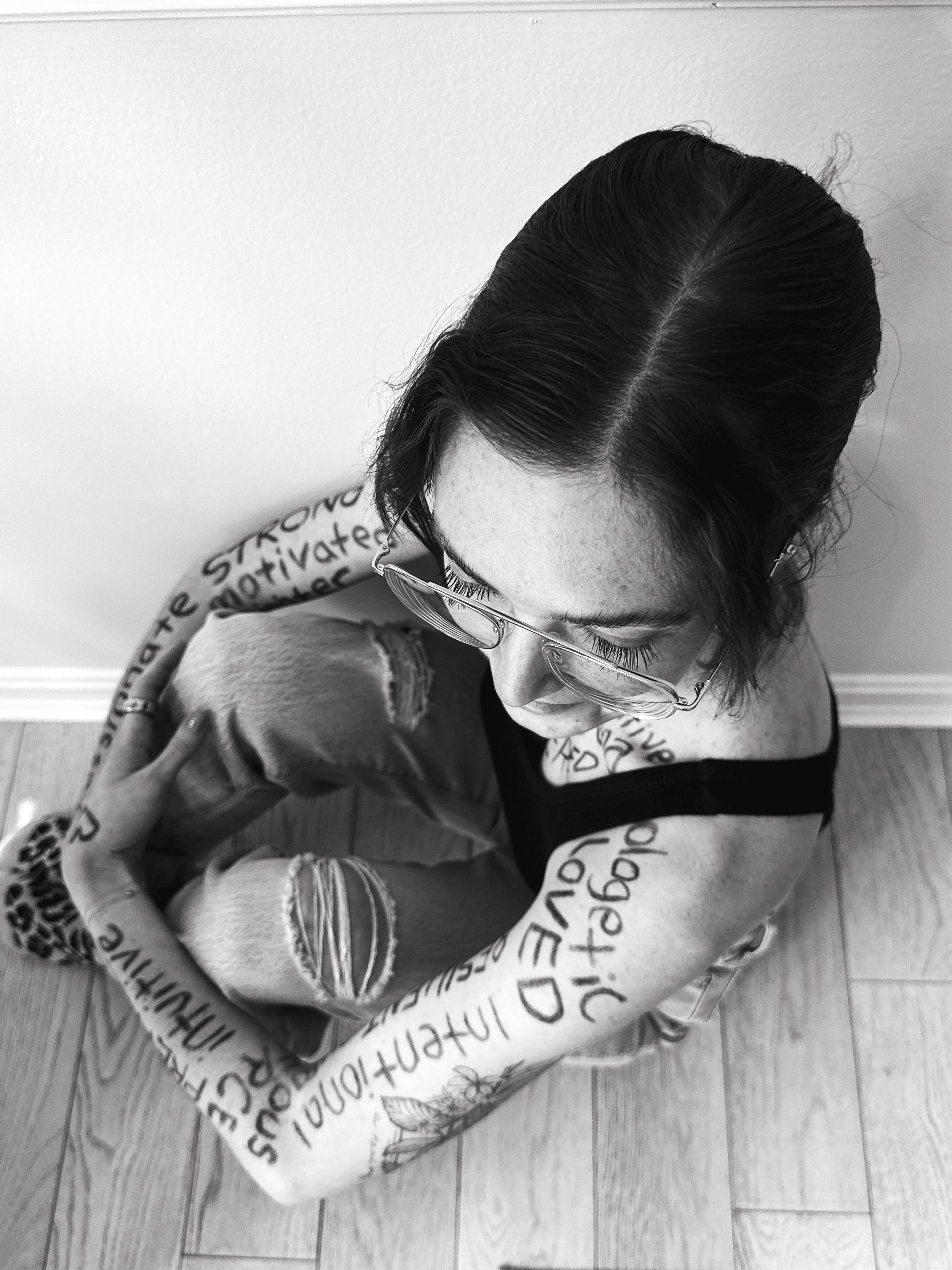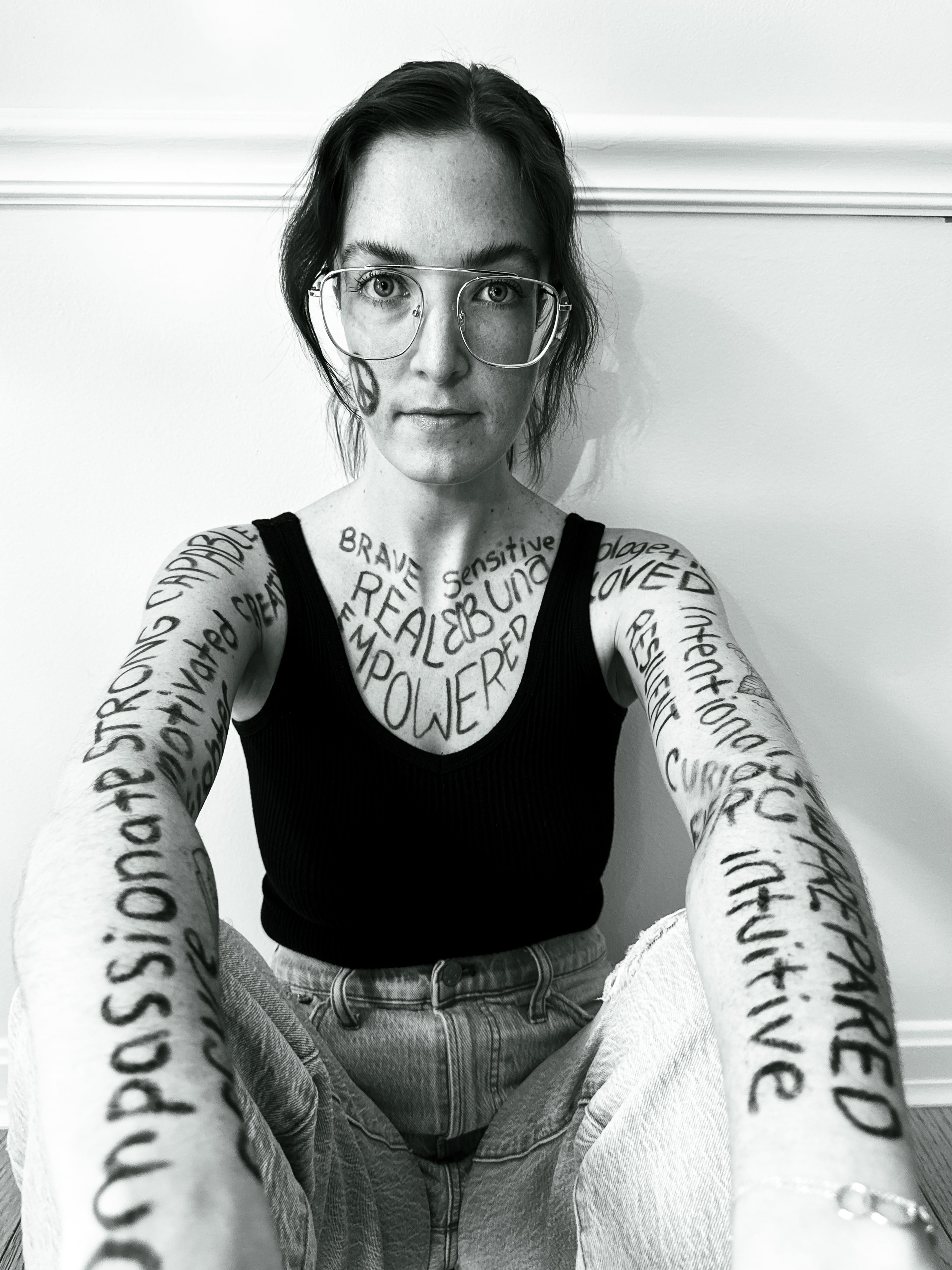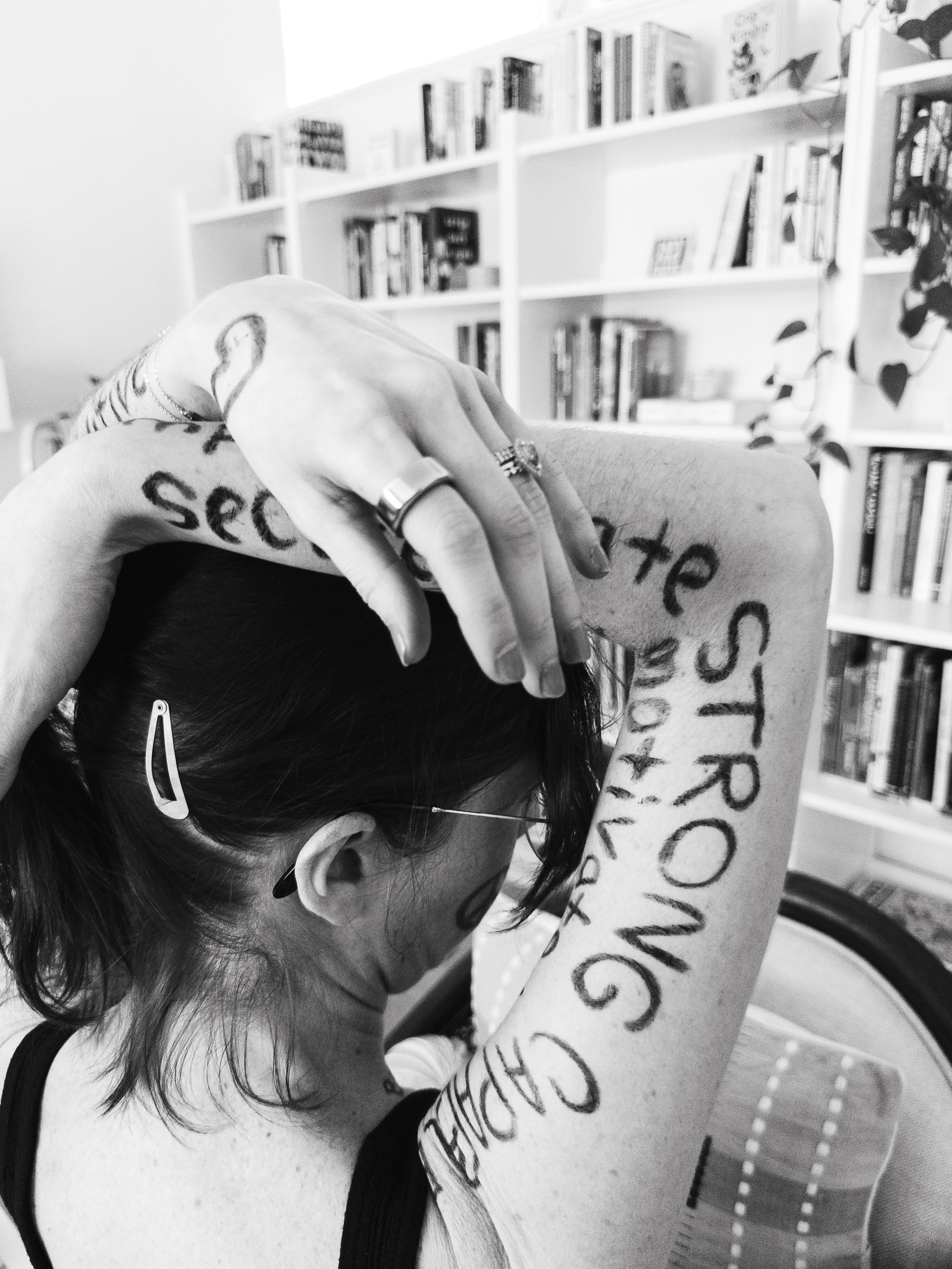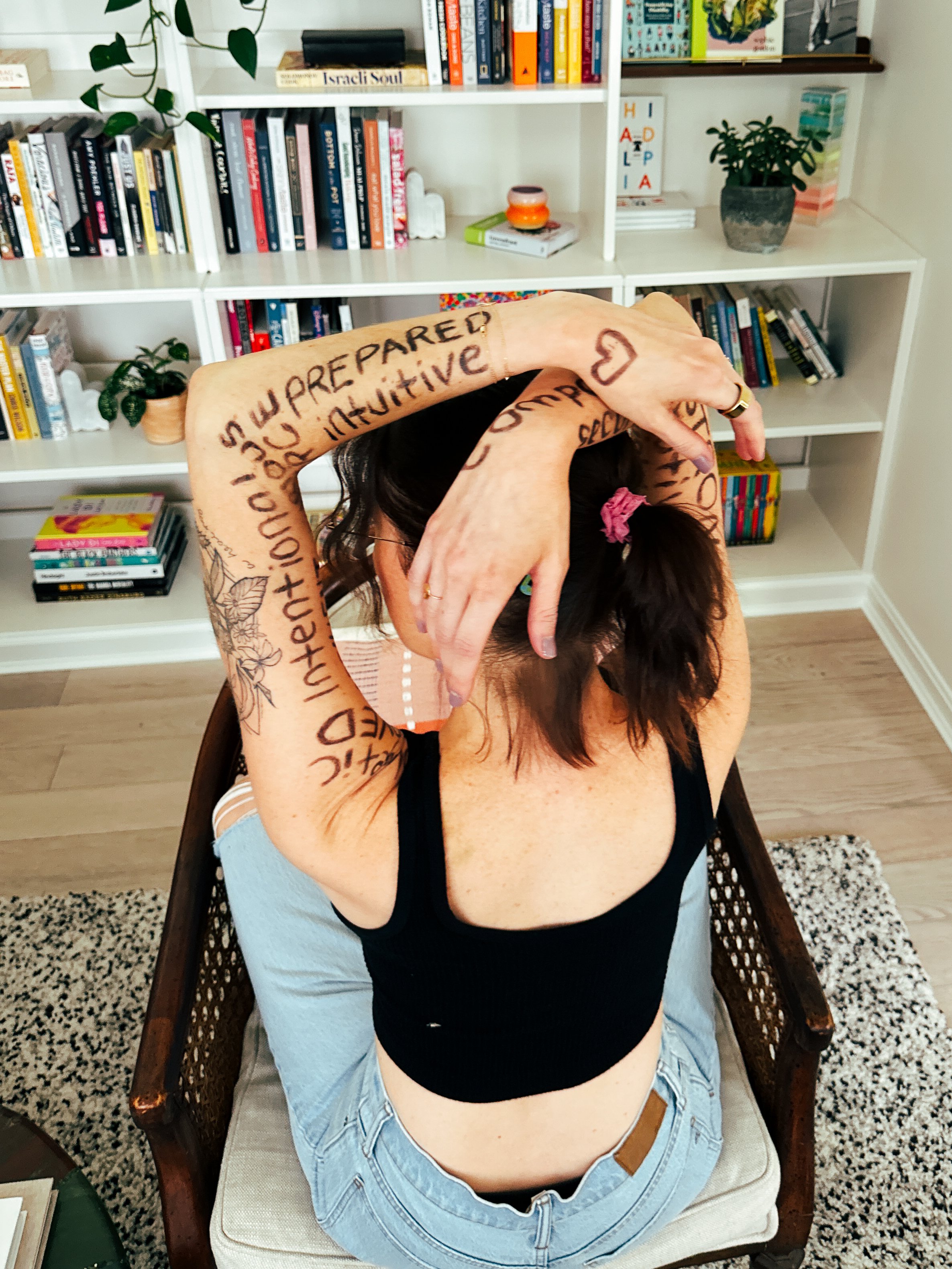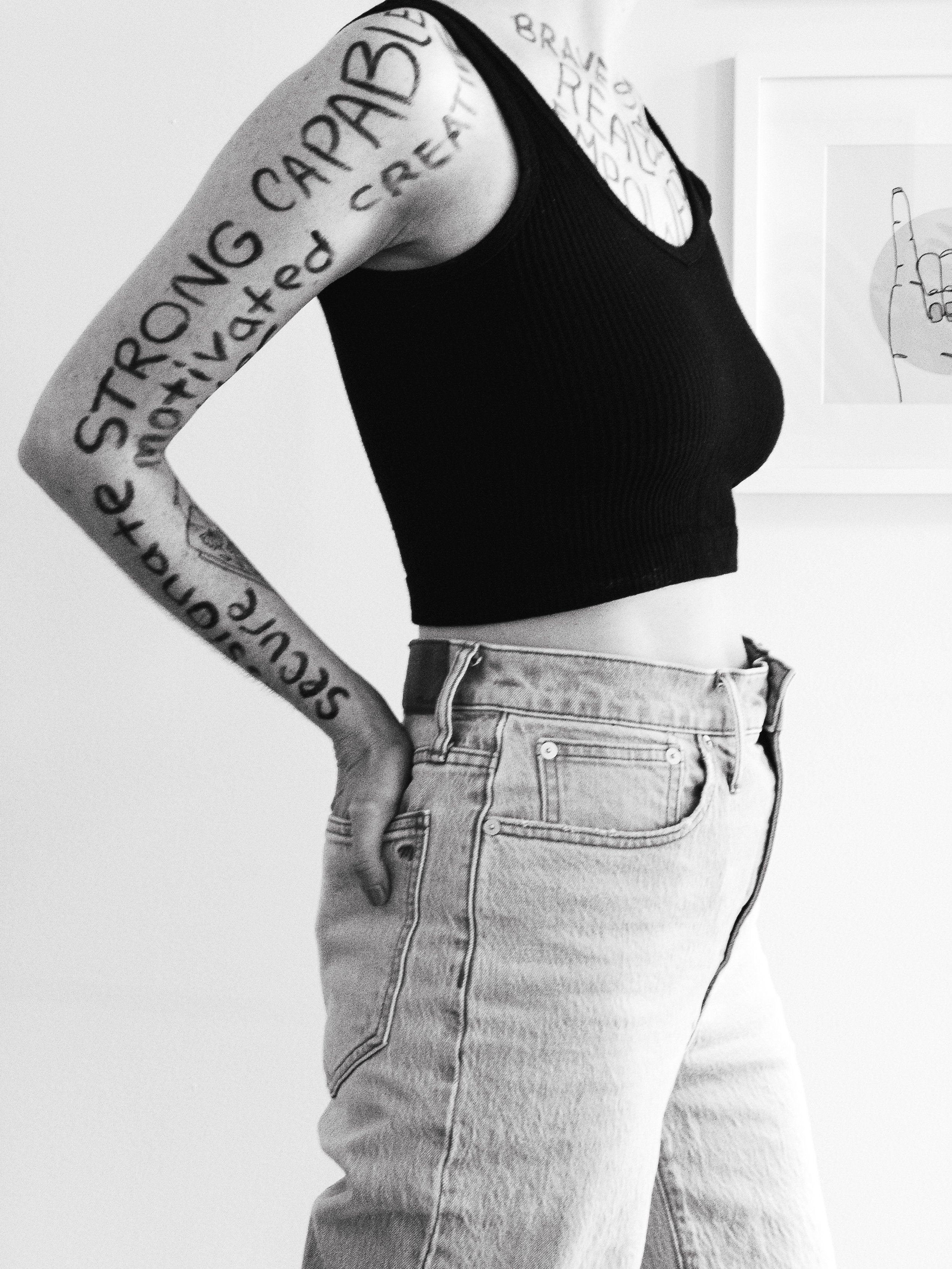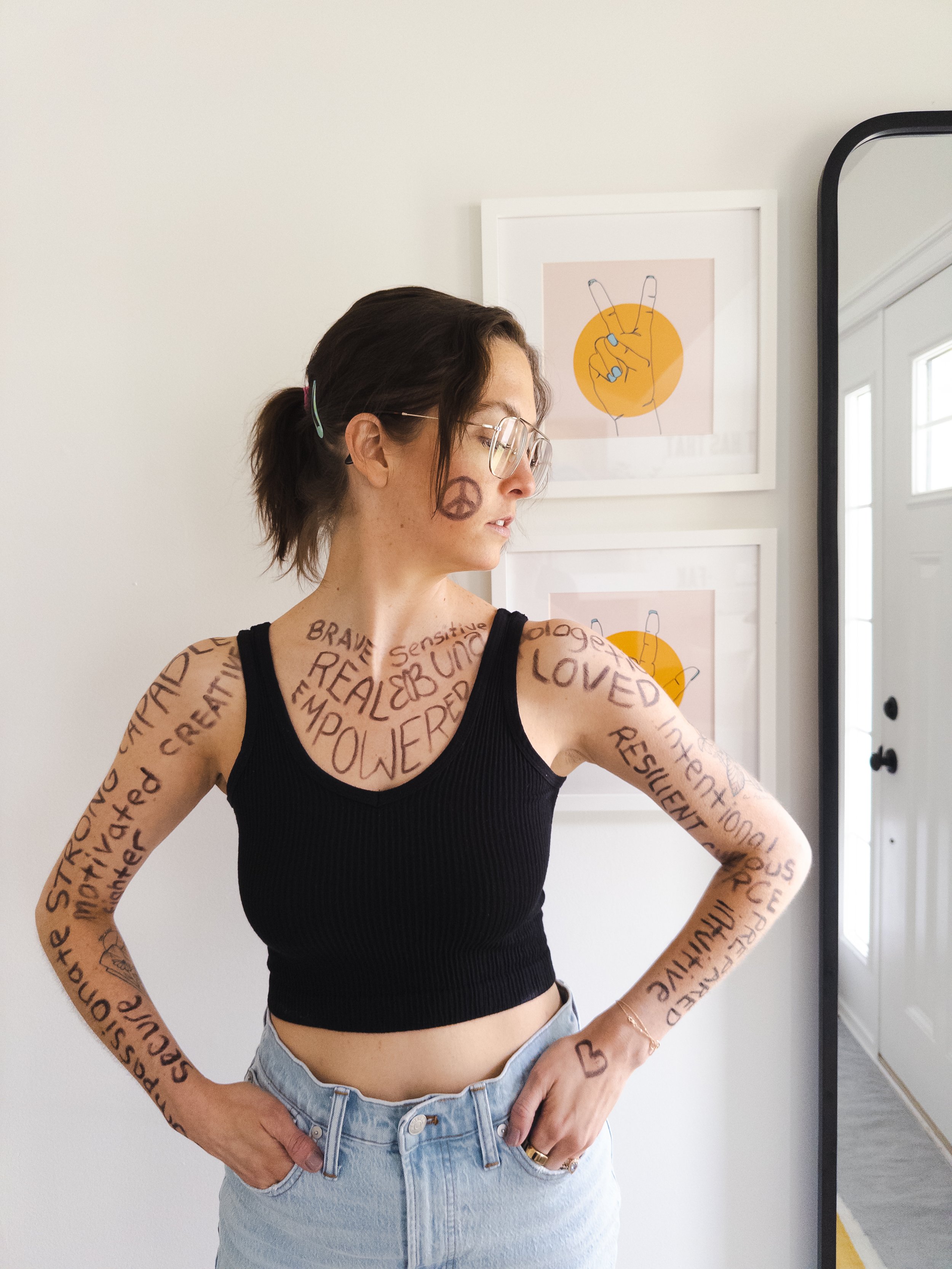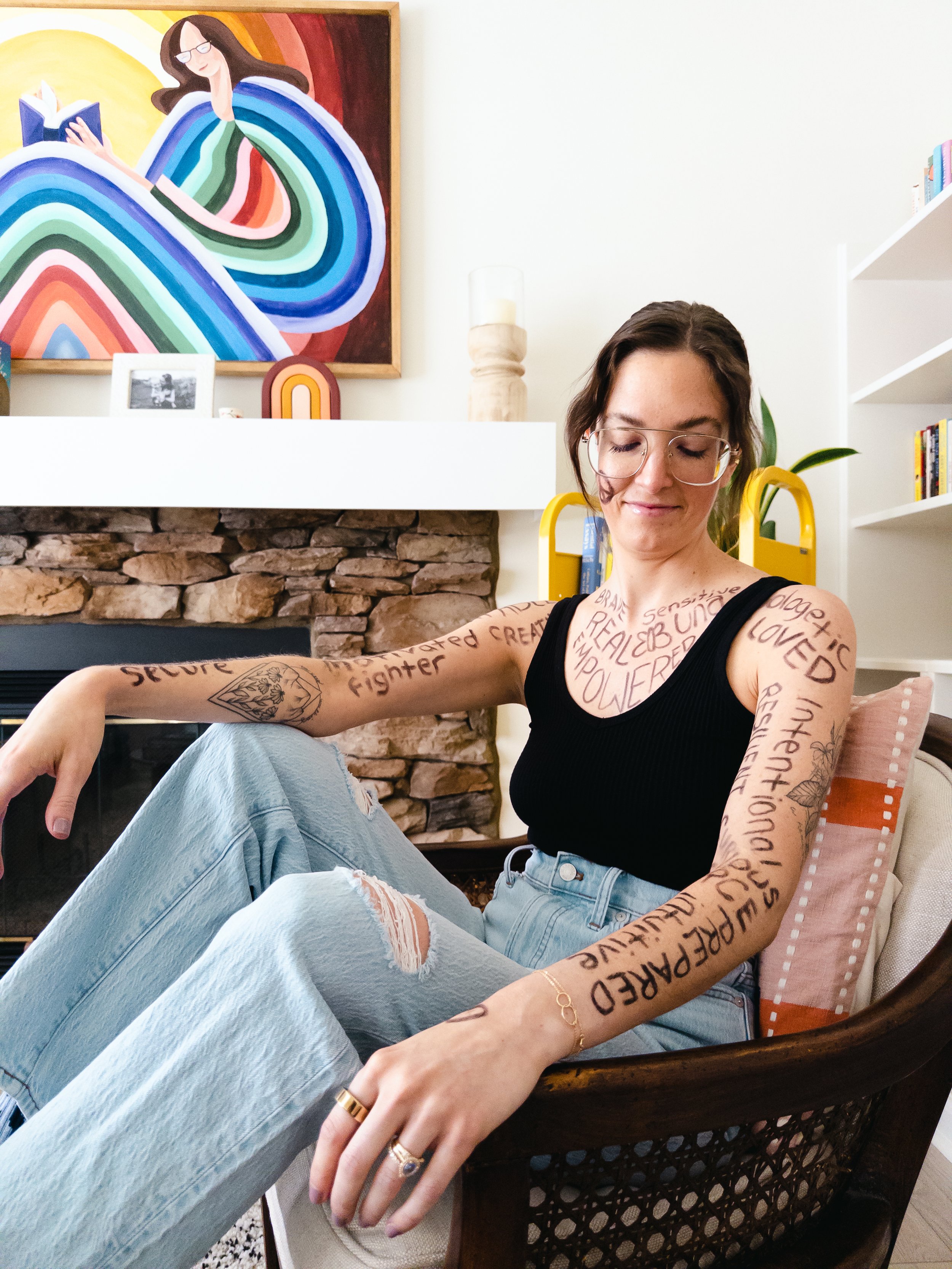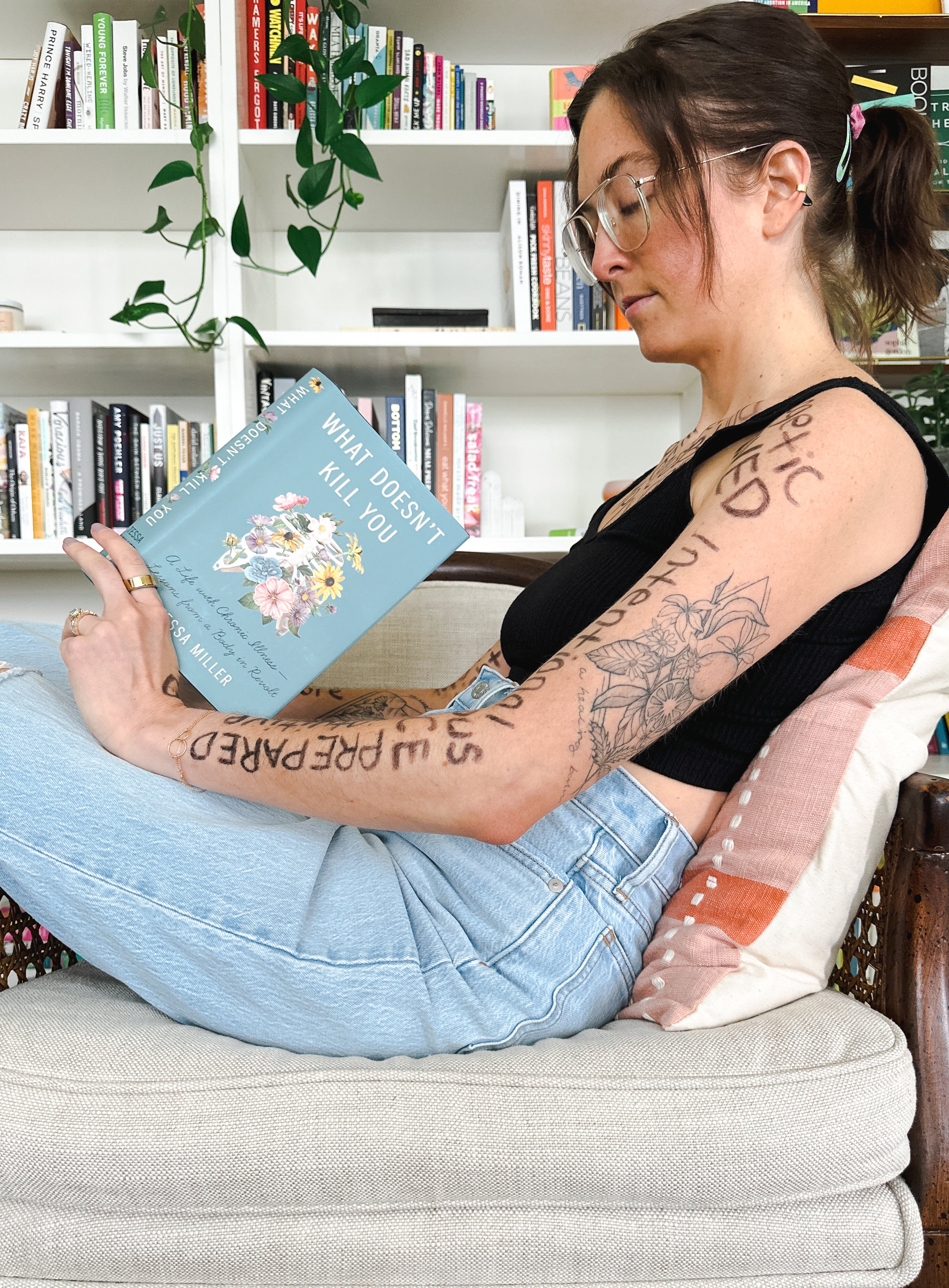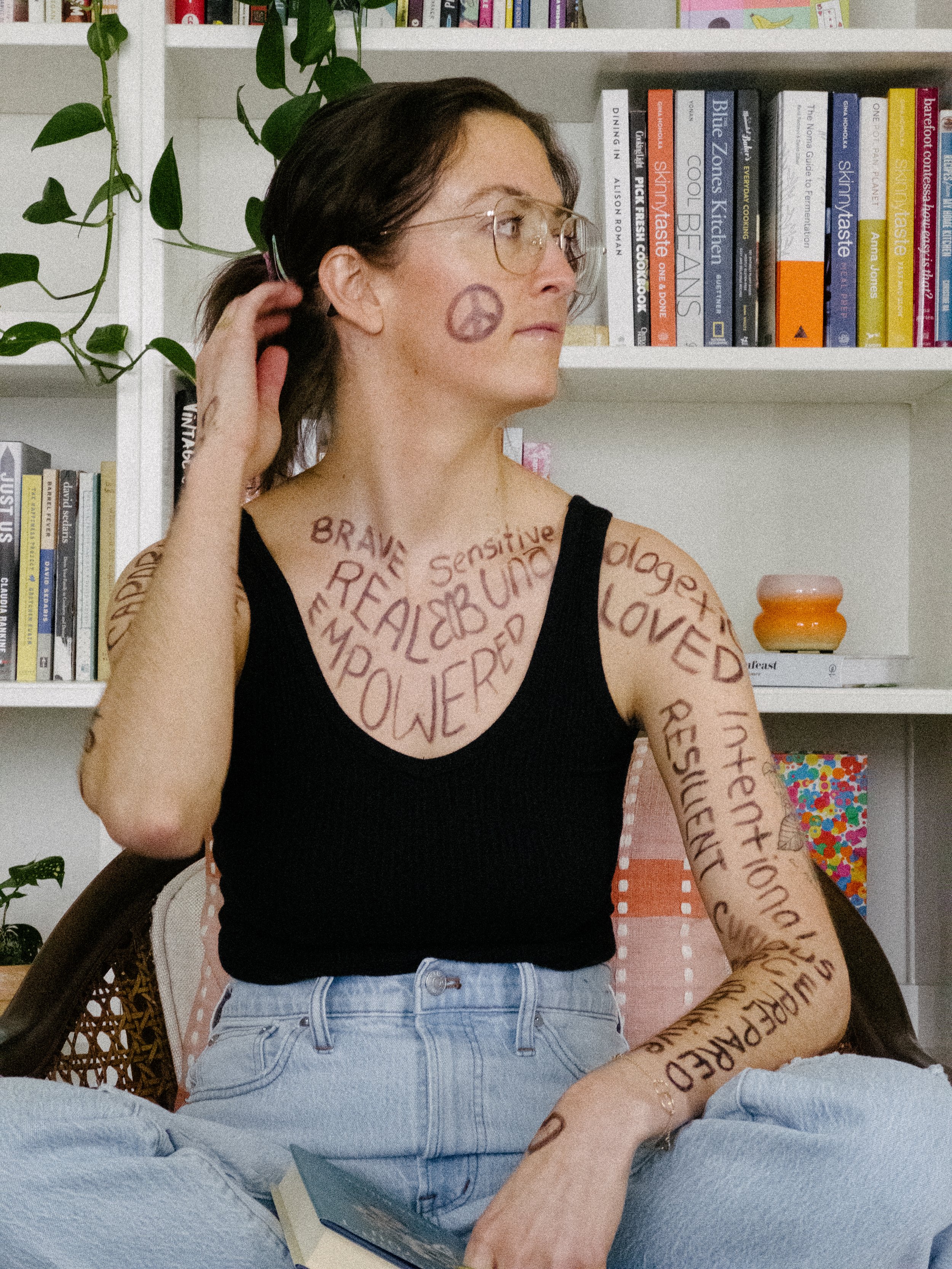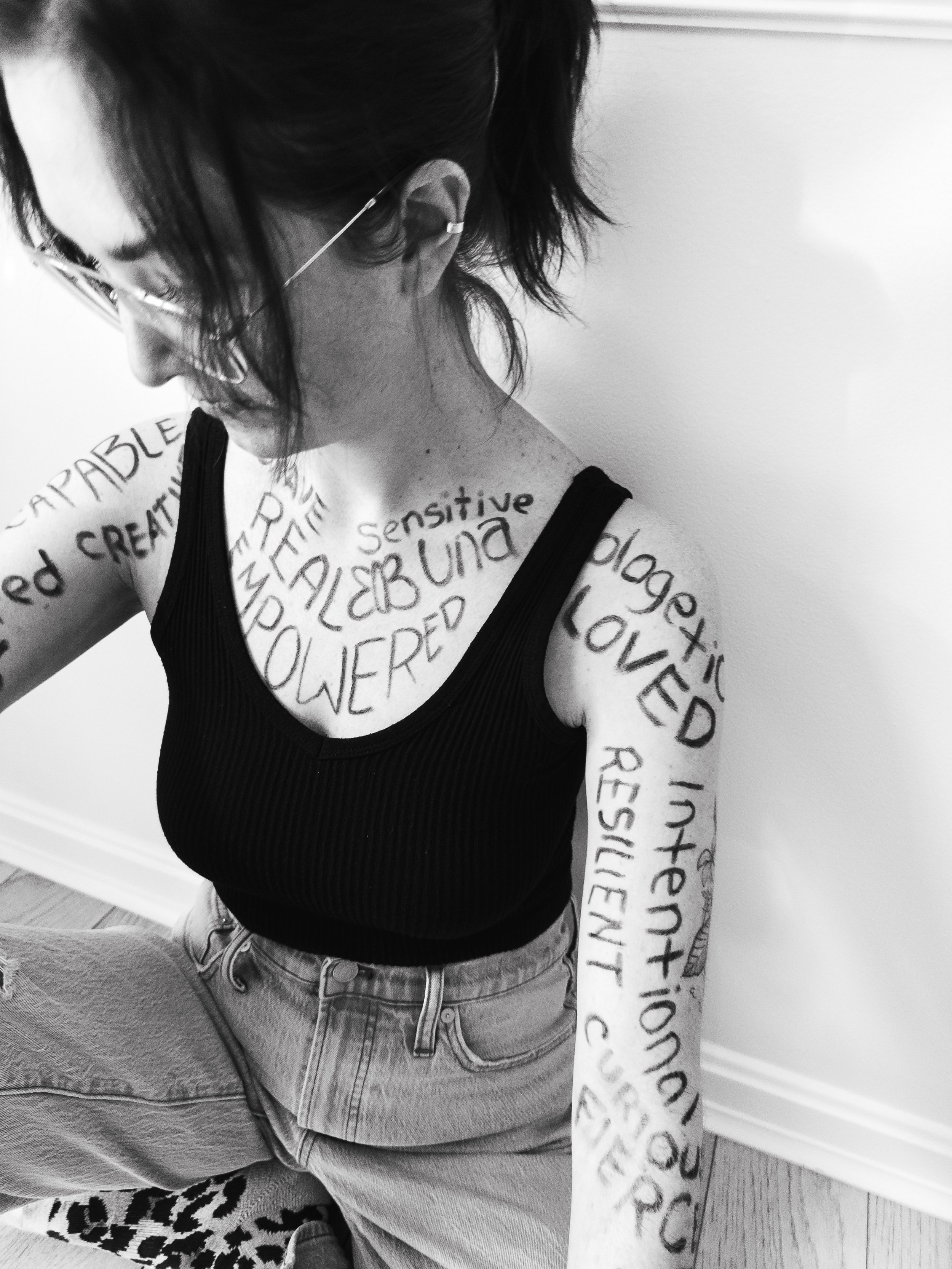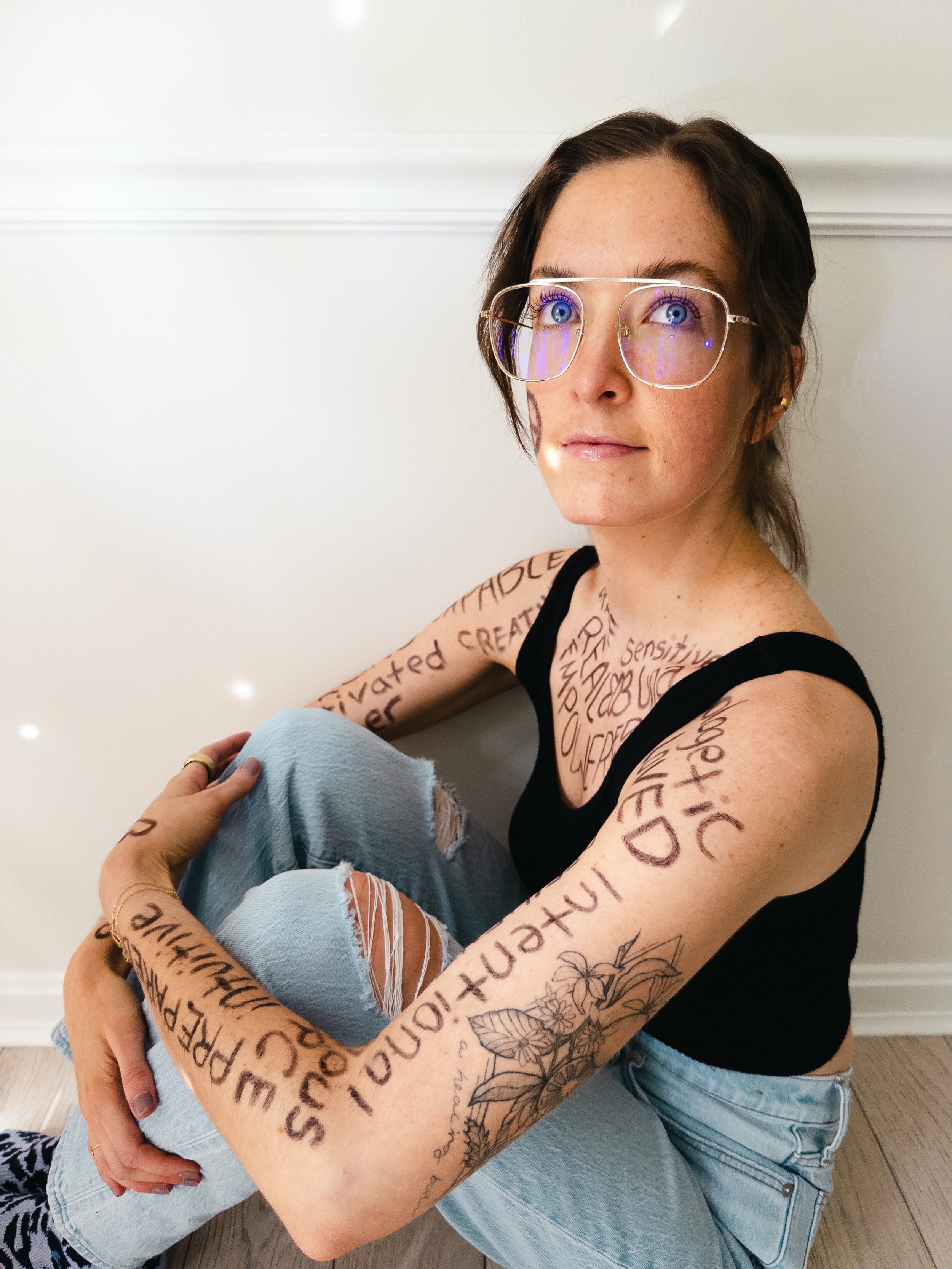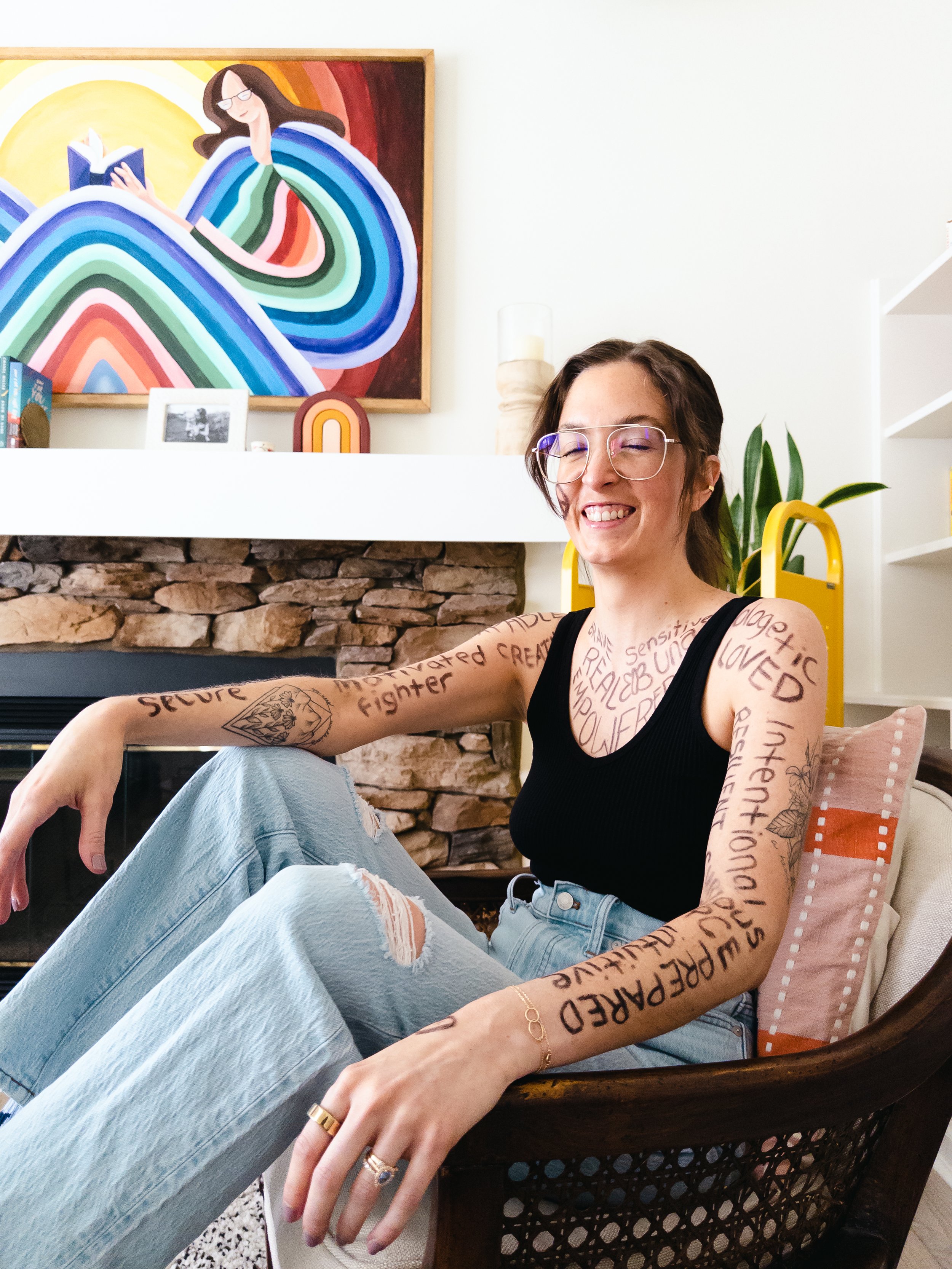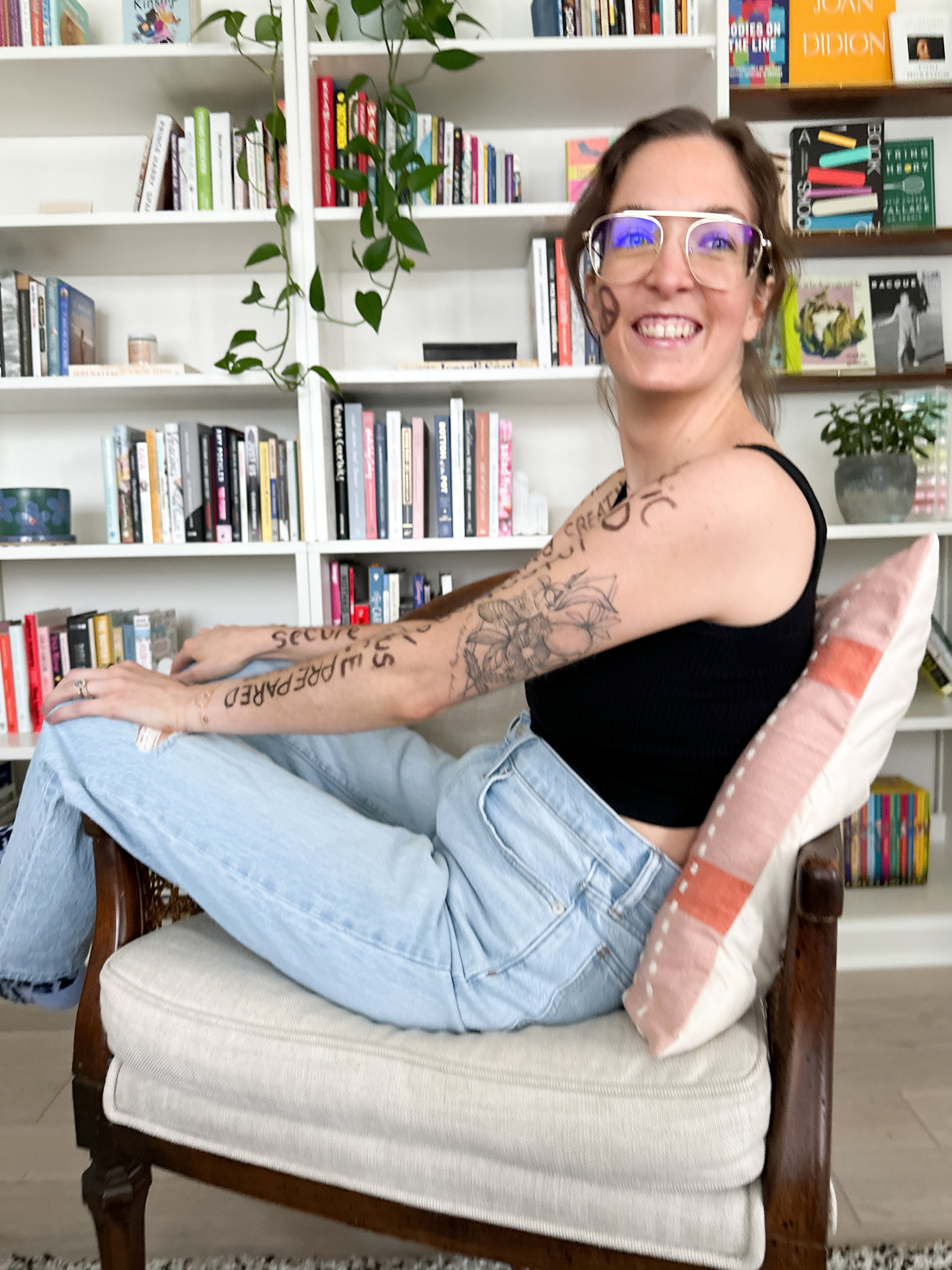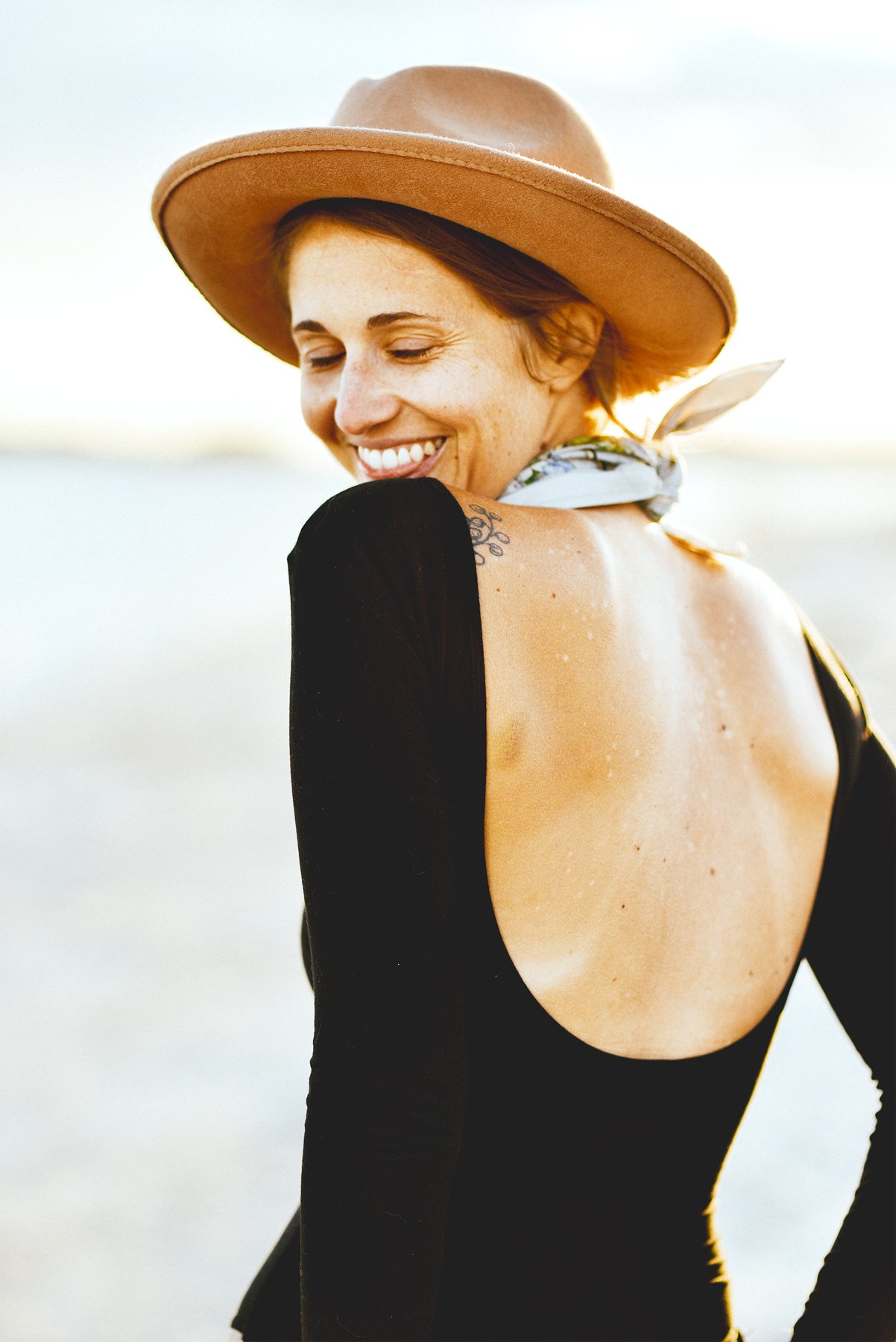How do you make friends? Do you often feel lonely?
Some dear friends I have met over the years and now we are all sprinkled around the world. Some I have met online in creative or health circles in the past. I love and value these relationships immensely and I know that they are true, caring and genuine friends. However, we are all meant to be a part of a community face-to-face. We are meant to be a part of a mutually supportive group that interacts regularly. When I moved to the Coast by myself a few years ago, finding those people was on the top of my list. I wrote out an intentional goal that I still have on my wall today. Part of it says "I want to fill my life and heart with calm, loving, memory-makers, dreamers, goal makers, poetic souls, encouragers...I want to find and nurture companions who are in alignment and who desire to nurture me back." I am so blessed that I found those people through art and nature organizations locally. It was challenging to find people who also wanted to be in community, it was challenging being vulnerable and transparent about my realities, it was challenging to figure out transportation when at the time I was unable to drive, but I am so so glad that I went through the discomfort. Im so glad that I found others who were stoked to find community, people that value the intentions that I set, people that inspire and demonstrate vulnerability back to me so beautifully.
What one word would you use to describe your emotional experience of this journey with Ehlers-Danlos Syndrome?
Transformative
If you could go back to the person that you were before your health declined, knowing all you have learned, would you?
I struggle with these types of questions. There are points to my life that my health declined because I pushed it in an attempt to do an activity at the pace and passion that I wanted to. I pushed myself too far, not accepting my body's needs, and those decisions progressed some of my joint damage. I believe strongly in making friends with discomfort, in letting the cold rain hit your face sometimes and in taking that longer walk when the lighting is right. It expands our boundaries and our resilience. But the consequences of being disconnected with my body and what it needed and pushing myself past discomfort is something that unfortunately I had to learn the hard way. My body was born with these genetics, but how I handle it is my responsibility and I want my best shot at living as fully possible as long as possible.
What do you think is the main thing that is lacking in regards to physician education, community education and health professional education around Ehlers-Danlos Syndrome? What do you say when people say to you "what do you mean there is no cure?!"
It is important to remember that people are experiencing what they are experiencing whether or not it has a name, an approved treatment, a cure or a class title in university. Many people working in the medical field operate under the limitation of if there isn't an approved code or medication for something, they are no longer responsible for caring for that patient, for being curious about it, for researching on their own the latest information or for advocating for that patient with others if needed. Ehlers Danlos Syndrome is complex, it can affect pretty much anything in your body from the way blood vessels stretch to the size of our amygdala. Just because EDS is complex and is still being understood doesn't mean that it and people with it aren't worth embracing. Its exactly because of that that it is worth their time. EDS patients have an immense self awareness and experimental knowledge, yet they need care and support managing the complexity of EDS often times. It is assessed right now that 1 in 500 people have one of the types of Ehlers Danlos Syndrome. And so much of it can be managed, supported and quality of life enhanced with the curiosity to learn and explore with their EDS patients.
Do you have a life mantra?
Gosh, nothing that sounds succinct or catchy. But I focus on play, rest, nourishment and joy.
Do you believe your body can heal?
I believe that our spirits can heal. I believe that our bodies are wiser and more capable than we sometimes can see. I believe with the right mix of inner and outer support that we can thrive in ways that we currently struggle. I don't believe that healing is limited to changing any one issue into a specific desired outcome. That's a nice and tidy perspective to healing but to me it limits what healing means. To me healing is broader then if I can walk again. And at one point I did learn to walk again. To me healing is broader then if I can draw again, because I figured out how to create again.
How have you cultivated gratitude into your experience?
I cultivated gratitude by coming to the conclusion that being grateful for aspects of life doesn't negate or diminish the difficult aspects of life. They are interwoven. Grief and joy are close friends and both need to be given attention. I am incredibly grateful for the opportunities and life that I am able to live. I am incredibly grateful for my mind, my self preservation, my determination and my spiritual resilience. I am incredibly grateful for the community and logistical support that I have around me. I am incredibly grateful for the slightly warmer winter day that we're having today. I am incredibly grateful that I can have the window cracked and that I can hear the slow static of the shore from my home. I am incredibly grateful for my dear friend who has invited me to write out all the of the wonderful and messy things that I've experienced with 10 years of knowing that I carry EDS. I am incredibly grateful for the projects left half done on my desk and the ideas yet to be formed in the air. I am incredibly grateful to you for having the willingness of spirit to read the ideas of someone you don't know and for listening to the lessons that your own soul speaks.
How do you find your footing when your body is intense pain and/or when life throws you setbacks?
Rest, grieve and reprioritize. And then start playing. I focus on experimenting and playing rather than "overcoming". I play without expectation of a certain outcome and let the progress be bonuses to the experience. It's also important to keep the rest mindset even after you might regain your footing. Your foundation needs to stay regardless of how much more your life can expand at the time.
What is your elevator speech for describing your genetic condition of ehlers-danlos to strangers or new friends?





